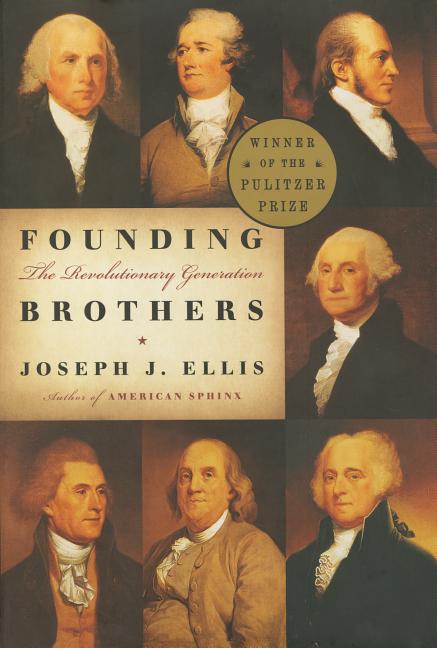

The post-Revolutionary moment was particularly characterized by conflict due to the fact that, after the struggle against the British was won, the leaders of the United States were no longer united in common struggle: “Bound together in solidarity against the imperialistic enemy, the leadership fragments when the common enemy disappears and the different agenda for the new nation must confront its differences.” Following this loss of a “common enemy,” conflicts that had been ignored, suppressed, or simply hadn’t existed prior to the birth of the independent American nation suddenly materialized in full force. While this decision is to some degree framed as a compromise in the book, it was also a capitulation to the pro-slavery side, as slavery was allowed to proliferate while the issue was “tabled.”įounding Brothers shows that the post-Revolutionary period was riddled with conflict, which was fueled not only by genuine ideological disagreement but also by practical issues, personal and political rivalries, uncertainty, and rumor. The issue of slavery was so divisive that the Founding Fathers decided the question would have to be put on hold until a later date. At the same time, there is a major exception to this.

Indeed, Ellis argues that one of the most extraordinary aspects of the leaders of this era was their ability to resolve conflicts through compromise, and that this ability should be one of the defining elements of their legacy. Compromise was an extremely necessary-and extremely difficult-task for the leaders of the nation.

Founding Brothers, a nonfiction book by Joseph Ellis, emphasizes that the period following the American Revolution was defined by an extraordinary amount of conflict, from petty disputes to discord so serious that it threatened the very existence of the republic.


 0 kommentar(er)
0 kommentar(er)
